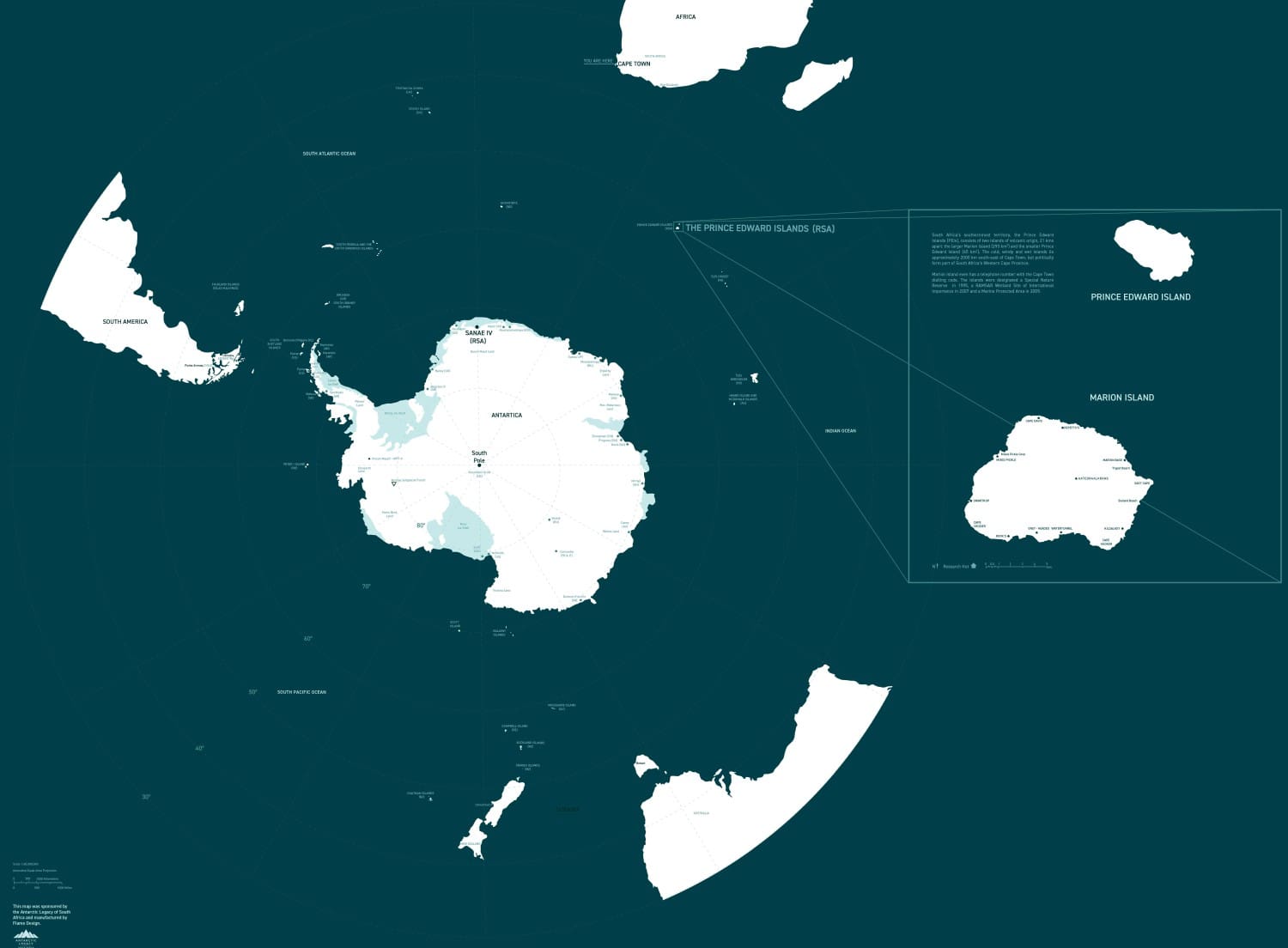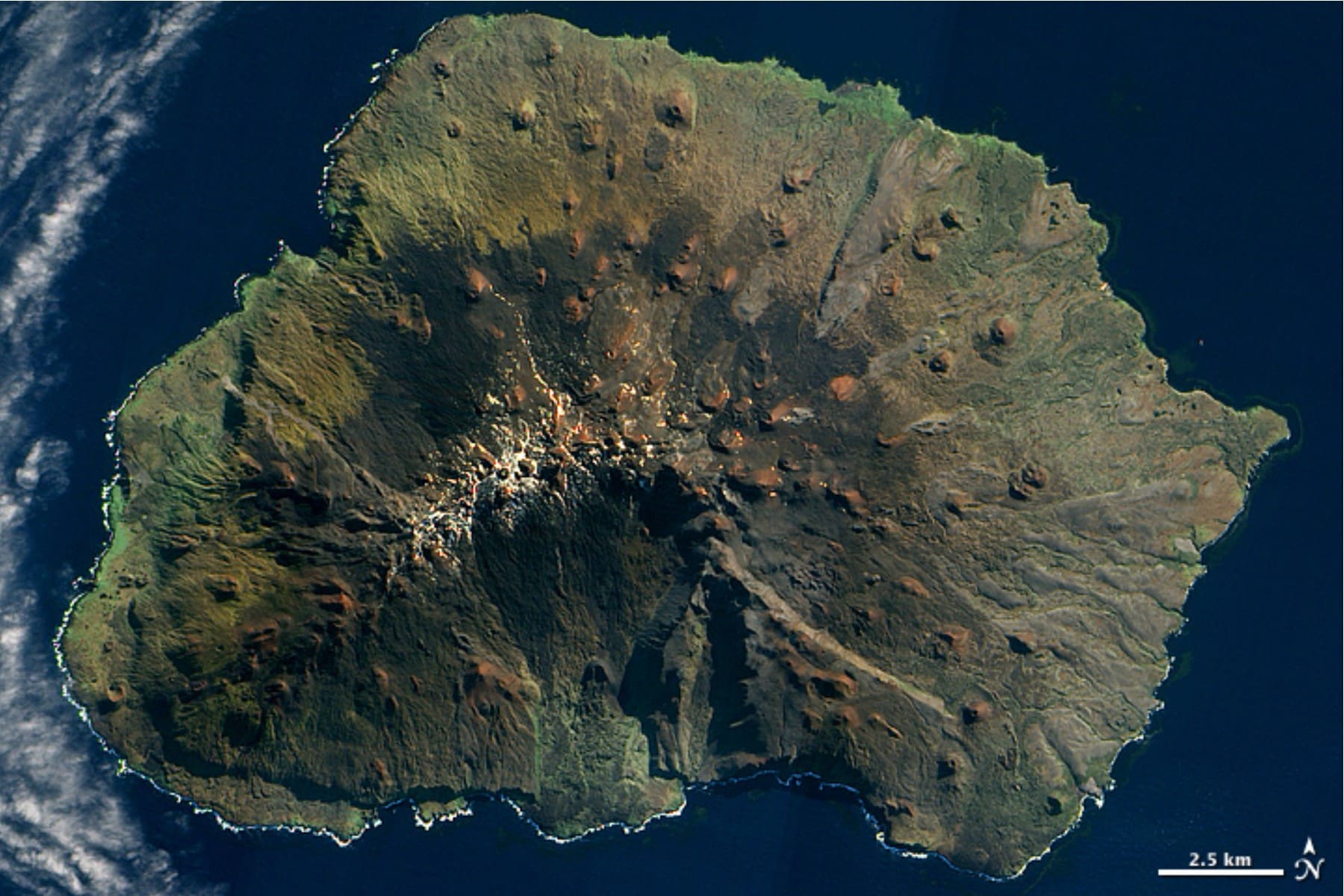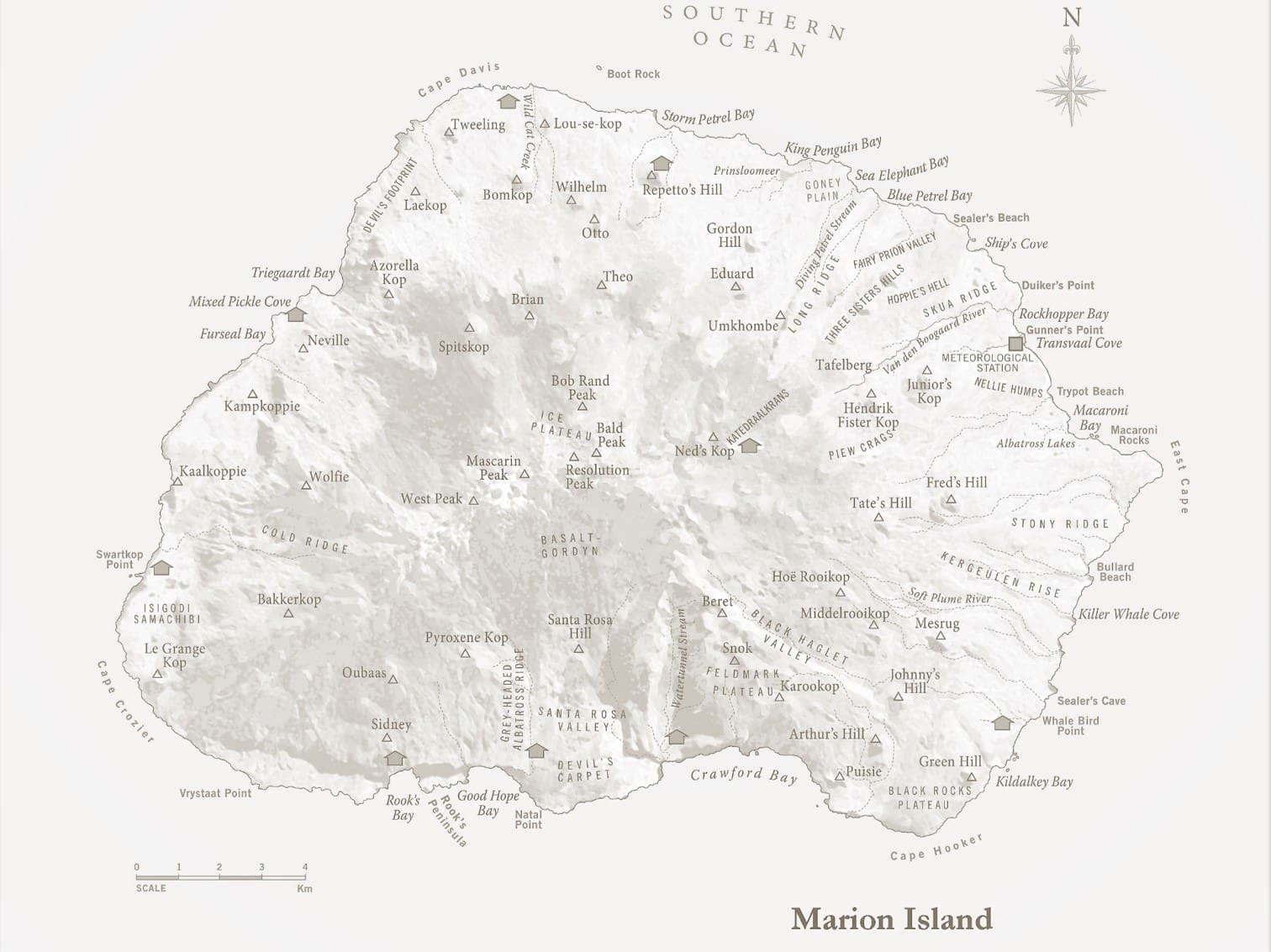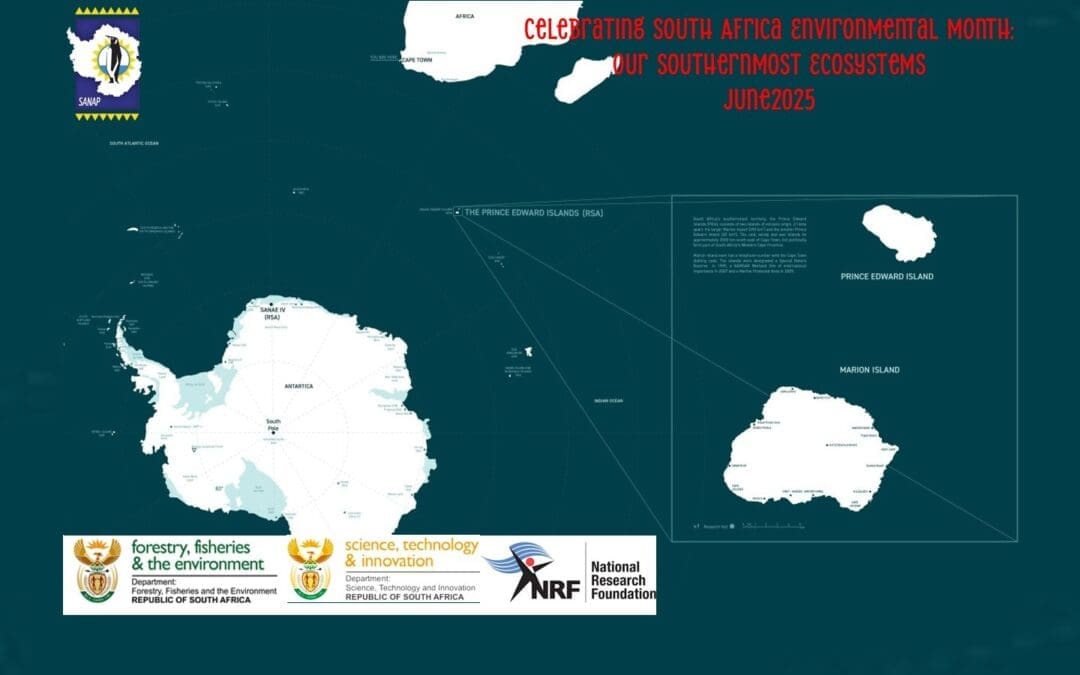June is Environment Month under the theme “Think, Eat, Save and reduce your foodprint”
 June marks National Environment Month in South Africa — a time for reflection, awareness, and action toward safeguarding our natural world. Spearheaded by the Department of Forestry, Fisheries and the Environment (DFFE), this month-long observance highlights the importance of environmental stewardship and calls on all citizens to contribute to a more sustainable future. Central to these celebrations are two globally recognised days: World Environment Day on June 5th and World Oceans Day on June 8th, both of which resonate strongly with the mission and work of the South African National Antarctic Programme (SANAP).
June marks National Environment Month in South Africa — a time for reflection, awareness, and action toward safeguarding our natural world. Spearheaded by the Department of Forestry, Fisheries and the Environment (DFFE), this month-long observance highlights the importance of environmental stewardship and calls on all citizens to contribute to a more sustainable future. Central to these celebrations are two globally recognised days: World Environment Day on June 5th and World Oceans Day on June 8th, both of which resonate strongly with the mission and work of the South African National Antarctic Programme (SANAP).
![]() As South Africa’s gateway to the Southern Ocean and Antarctica, SANAP plays a vital role in environmental research and conservation in some of the planet’s most fragile and remote ecosystems — including Antarctica, Marion Island, and Gough Island. During Environment Month, SANAP takes pride in celebrating the unique natural heritage of these sub-Antarctic and Antarctic regions, where pristine ecosystems offer critical insight into global environmental changes.
As South Africa’s gateway to the Southern Ocean and Antarctica, SANAP plays a vital role in environmental research and conservation in some of the planet’s most fragile and remote ecosystems — including Antarctica, Marion Island, and Gough Island. During Environment Month, SANAP takes pride in celebrating the unique natural heritage of these sub-Antarctic and Antarctic regions, where pristine ecosystems offer critical insight into global environmental changes.

 Marion Island, in particular, stands out as a hub of scientific activity. Home to one of SANAP’s permanent research stations, the island has been central to decades of biological and environmental studies. Its long-term monitoring programmes have produced a wealth of scientific papers and post-graduate research, offering rare and invaluable data on biodiversity, ecosystem dynamics, and the far-reaching impacts of climate change. These efforts are not only advancing global understanding of environmental shifts but also reinforcing South Africa’s commitment to science-based conservation.
Marion Island, in particular, stands out as a hub of scientific activity. Home to one of SANAP’s permanent research stations, the island has been central to decades of biological and environmental studies. Its long-term monitoring programmes have produced a wealth of scientific papers and post-graduate research, offering rare and invaluable data on biodiversity, ecosystem dynamics, and the far-reaching impacts of climate change. These efforts are not only advancing global understanding of environmental shifts but also reinforcing South Africa’s commitment to science-based conservation.
This Environment Month, as we reflect on our role in protecting the planet, we honour the scientists, support and teams of SANAP who dedicate their work to safeguarding the southernmost reaches of our world. Their ongoing research ensures that we remain informed and equipped to make decisions that protect our environment — for generations to come.






